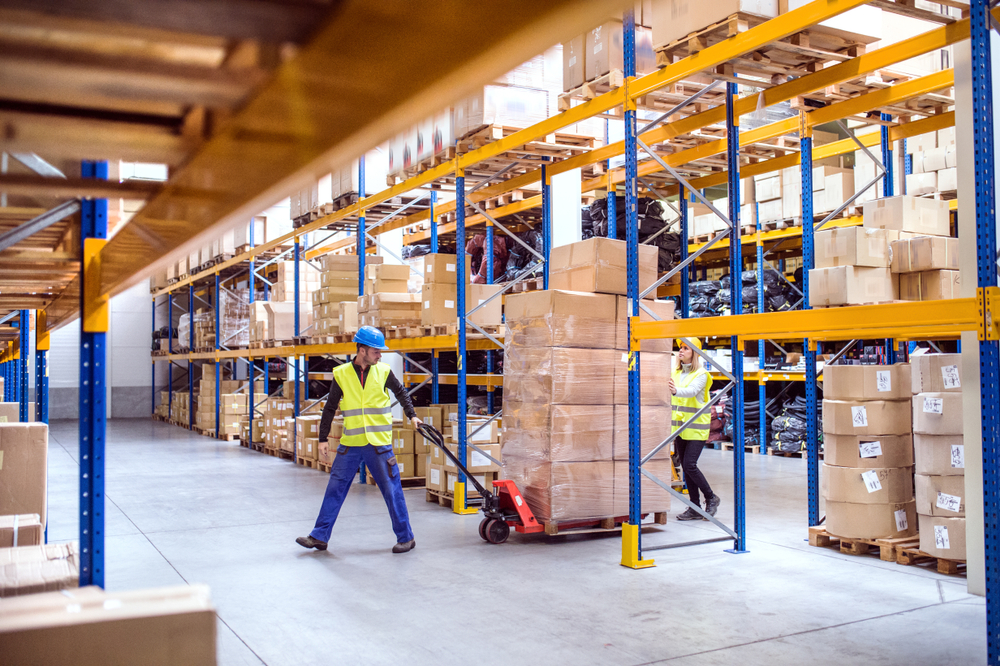Grocery stores in the U.S. may receive limited quantities of products or may lack some flavors or items due to labor, raw material, or transportation issues that food manufacturers are facing. The companies named increased demand, labor shortages, “supply chain restrictions” or “logistical challenges”.
Parts of the US are now battling food shortages as worried Americans have emptied supermarket shelves amid the supply chain crisis threatening the nation’s economy and holiday shopping.
The surge in demand comes as two of America’s major container ports in California face a massive pandemic-related backlog. Retailers say they need to maintain their customer experience as best they can to remain competitive.
Some 58% of consumers said supply-chain disruptions, product shortages and shipping delays have made shopping more stressful, and 41% said product shortages and significant shipping and delivery delays would cause them to abandon a brand, according to results from an October survey by New York-based trade association ICSC, which represents retail businesses.
Grocery stores in the U.S. haven’t escaped product shortages, although larger companies with access to a wide network of suppliers, capital and space have had more success working around supply-chain issues without disrupting the shopper experience.
But smaller grocery retailers with less flexibility have struggled to keep shelves full and to plan for what items may show up on any given day.
Growth + Change = Opportunity!


